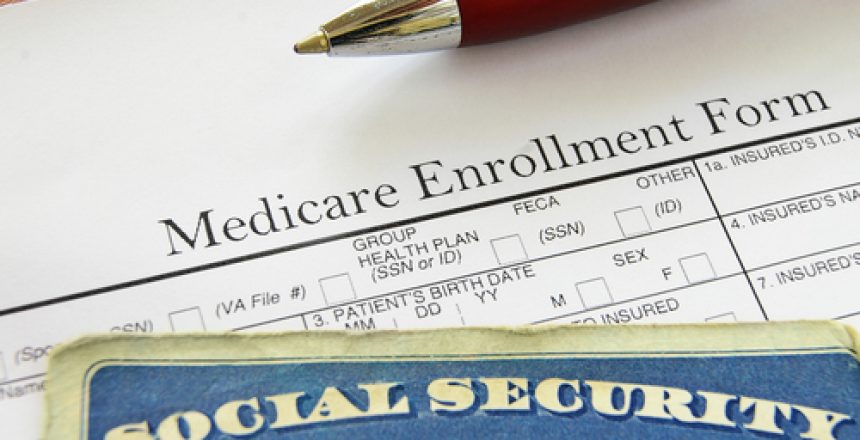The Medicare program was established by the Social Security Administration in 1965. Now Medicare is administered by the Centers for Medicare and Medicaid Services (CMS).
The Social Security Administration is where to turn if you have any questions or concerns about your Medicare or Social Security benefits. While there is a difference between the eligibility requirements for Social Security and Medicare, you can be eligible for Medicare without having Social Security; you may just have to pay more for benefits.
At Malhotra & Assoc. Insurance, we understand that this can be a confusing topic to understand. That’s why we’re here to help! Our team of insurance experts are devoted to helping you better understand Medicare and how it works with Social Security.
Understanding Eligibility
Social Security benefits are given to people over the age of 62 or people who are disabled or blind. You must be a U.S. citizen or legal permanent resident to be eligible for Social Security benefits. Eligibility is based on the number of work credits you have, and when you have enough you are considered to be insured. Medicare uses these same work credits to determine the cost of your Part A premiums.
You can earn a work credit for each calendar quarter you work and earn enough money, with a maximum of four credits per year. The credits are based on your annual earnings, and the amount required for a single work credit increases as wages increase. A 62-year-old would need 40 work credits to be eligible for retirement benefits.
To be eligible for Medicare, you must be 65 or older or have a disability. If you have already been receiving Social Security benefits four months before your 65th birthday, you will automatically be enrolled in Medicare. If you have a disability and have been receiving Social Security Disability Insurance for 24 months, you will also be automatically enrolled in Part A and Part B. Your red, white, and blue Medicare card will come in the mail.
If you are turning 65 and not already receiving Social Security benefits, you will need to enroll in Medicare through Social Security. You can do this by applying online at the Social Security website, calling Social Security, or by scheduling an appointment to visit your local Social Security office.
Knowing Your Benefits
Social Security provides payments to retirees based on the amount they earned while they were working. These monthly benefits are intended to help you maintain your quality of life and will be around 30% of your monthly income.
Medicare serves as hospital and medical insurance for millions of disabled and aging Americans. Medicare Part A covers inpatient care in a hospital or skilled nursing facility along with hospice care and home health care. Medicare Part B covers medically necessary and preventive care, which can include doctor visits, clinical research, ambulance services, durable medical equipment, mental health care, and limited outpatient prescription drugs.
Working Together
If you are receiving Social Security benefits, your Medicare monthly premiums for Part A and Part B can be taken out of your Social Security payments.
You can call Social Security to report Medicare fraud or if you need help accessing your services or viewing your claims.
Looking for support with your Social Security and Medicare benefits? Our team is well versed in both and can get you the answers you need. Contact Malhotra & Assoc. Insurance today for more information!


